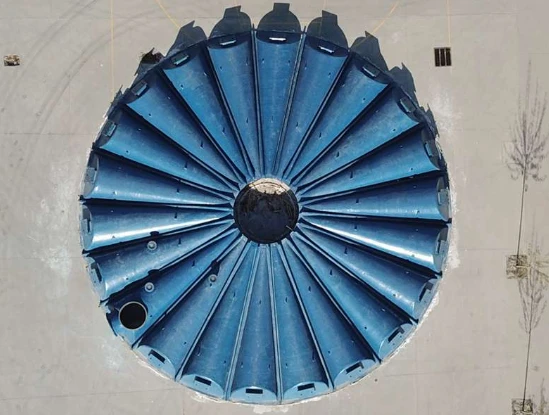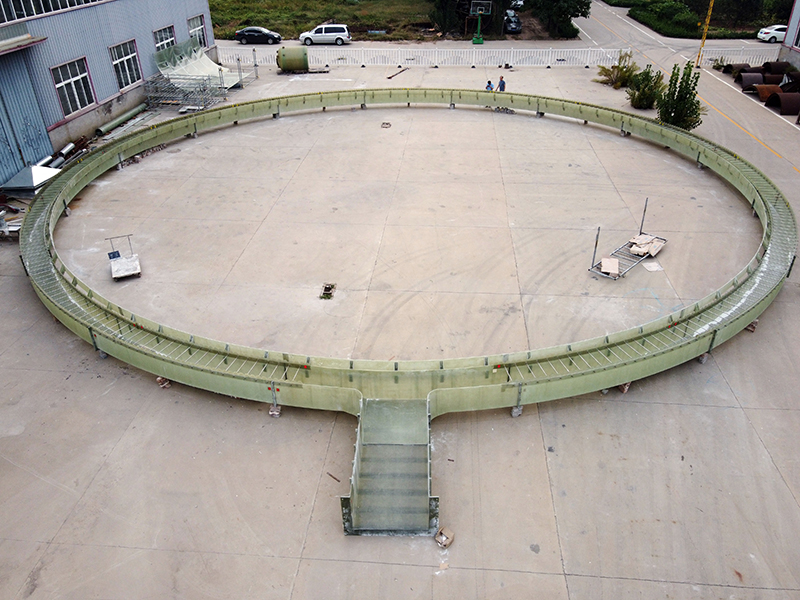
-
 Afrikaans
Afrikaans -
 Albanian
Albanian -
 Amharic
Amharic -
 Arabic
Arabic -
 Armenian
Armenian -
 Azerbaijani
Azerbaijani -
 Basque
Basque -
 Belarusian
Belarusian -
 Bengali
Bengali -
 Bosnian
Bosnian -
 Bulgarian
Bulgarian -
 Catalan
Catalan -
 Cebuano
Cebuano -
 China
China -
 China (Taiwan)
China (Taiwan) -
 Corsican
Corsican -
 Croatian
Croatian -
 Czech
Czech -
 Danish
Danish -
 Dutch
Dutch -
 English
English -
 Esperanto
Esperanto -
 Estonian
Estonian -
 Finnish
Finnish -
 French
French -
 Frisian
Frisian -
 Galician
Galician -
 Georgian
Georgian -
 German
German -
 Greek
Greek -
 Gujarati
Gujarati -
 Haitian Creole
Haitian Creole -
 hausa
hausa -
 hawaiian
hawaiian -
 Hebrew
Hebrew -
 Hindi
Hindi -
 Miao
Miao -
 Hungarian
Hungarian -
 Icelandic
Icelandic -
 igbo
igbo -
 Indonesian
Indonesian -
 irish
irish -
 Italian
Italian -
 Japanese
Japanese -
 Javanese
Javanese -
 Kannada
Kannada -
 kazakh
kazakh -
 Khmer
Khmer -
 Rwandese
Rwandese -
 Korean
Korean -
 Kurdish
Kurdish -
 Kyrgyz
Kyrgyz -
 Lao
Lao -
 Latin
Latin -
 Latvian
Latvian -
 Lithuanian
Lithuanian -
 Luxembourgish
Luxembourgish -
 Macedonian
Macedonian -
 Malgashi
Malgashi -
 Malay
Malay -
 Malayalam
Malayalam -
 Maltese
Maltese -
 Maori
Maori -
 Marathi
Marathi -
 Mongolian
Mongolian -
 Myanmar
Myanmar -
 Nepali
Nepali -
 Norwegian
Norwegian -
 Norwegian
Norwegian -
 Occitan
Occitan -
 Pashto
Pashto -
 Persian
Persian -
 Polish
Polish -
 Portuguese
Portuguese -
 Punjabi
Punjabi -
 Romanian
Romanian -
 Russian
Russian -
 Samoan
Samoan -
 Scottish Gaelic
Scottish Gaelic -
 Serbian
Serbian -
 Sesotho
Sesotho -
 Shona
Shona -
 Sindhi
Sindhi -
 Sinhala
Sinhala -
 Slovak
Slovak -
 Slovenian
Slovenian -
 Somali
Somali -
 Spanish
Spanish -
 Sundanese
Sundanese -
 Swahili
Swahili -
 Swedish
Swedish -
 Tagalog
Tagalog -
 Tajik
Tajik -
 Tamil
Tamil -
 Tatar
Tatar -
 Telugu
Telugu -
 Thai
Thai -
 Turkish
Turkish -
 Turkmen
Turkmen -
 Ukrainian
Ukrainian -
 Urdu
Urdu -
 Uighur
Uighur -
 Uzbek
Uzbek -
 Vietnamese
Vietnamese -
 Welsh
Welsh -
 Bantu
Bantu -
 Yiddish
Yiddish -
 Yoruba
Yoruba -
 Zulu
Zulu
Mar . 04, 2025 10:28
Back to list
Ladders & Handrails
In the vast realm of industrial storage solutions, FRP chemical tanks have emerged as a superior choice for businesses seeking durability, reliability, and cost-effectiveness. Crafted from Fiberglass Reinforced Plastic, these tanks offer unparalleled chemical resistance, setting them apart in environments where harsh chemicals and rigorous conditions are routine.
Trust in a storage solution is paramount, and few other products offer the proven track record of FRP chemical tanks. Their reliability is backed by decades of usage across various industries, with numerous case studies affirming their suitability for demanding chemical storage needs. FRP tanks undergo rigorous testing and meet high industry standards, which bolsters confidence among users about their performance under extreme conditions. When investing in FRP chemical tanks, choosing reputable manufacturers is key to ensuring quality and longevity. Experts recommend working with manufacturers who offer comprehensive support, including installation, maintenance, and after-sales service. This ensures peace of mind, knowing that technical assistance is readily available throughout the tank’s lifetime. In summary, FRP chemical tanks represent a fusion of engineering expertise and environmental forward-thinking. Their adoption signals a commitment to operational excellence and sustainability, qualities that resonate well with both corporate goals and industry standards. For those ready to make a strategic investment in their storage solutions, FRP chemical tanks hold the promise of performance, reliability, and cost savings, positioning them as the optimum choice in today's demanding industrial landscape. Embracing FRP tank technology not only strengthens industrial capabilities but also aligns with the broader sustainability goals many companies are striving to achieve. Whether it’s the need for storing acids, bases, or other challenging substances, FRP chemical tanks are a testament to innovative engineering meeting practical industrial demands.


Trust in a storage solution is paramount, and few other products offer the proven track record of FRP chemical tanks. Their reliability is backed by decades of usage across various industries, with numerous case studies affirming their suitability for demanding chemical storage needs. FRP tanks undergo rigorous testing and meet high industry standards, which bolsters confidence among users about their performance under extreme conditions. When investing in FRP chemical tanks, choosing reputable manufacturers is key to ensuring quality and longevity. Experts recommend working with manufacturers who offer comprehensive support, including installation, maintenance, and after-sales service. This ensures peace of mind, knowing that technical assistance is readily available throughout the tank’s lifetime. In summary, FRP chemical tanks represent a fusion of engineering expertise and environmental forward-thinking. Their adoption signals a commitment to operational excellence and sustainability, qualities that resonate well with both corporate goals and industry standards. For those ready to make a strategic investment in their storage solutions, FRP chemical tanks hold the promise of performance, reliability, and cost savings, positioning them as the optimum choice in today's demanding industrial landscape. Embracing FRP tank technology not only strengthens industrial capabilities but also aligns with the broader sustainability goals many companies are striving to achieve. Whether it’s the need for storing acids, bases, or other challenging substances, FRP chemical tanks are a testament to innovative engineering meeting practical industrial demands.
Next:
Related Products
Latest news
-
FRP Hood Durable & Lightweight Fiberglass Hood SolutionsNewsApr.29,2025
-
Heavy-Duty Jackhammers for Construction Work Powerful & Portable Electric Demolition ToolsNewsApr.29,2025
-
High-Strength Fiberglass Flanges FRP Blind & Custom Flange SolutionsNewsApr.28,2025
-
Fiberglass Pipe Flanges High-Pressure & Corrosion-Resistant SolutionsNewsApr.28,2025
-
FRP Fuel Tanks Durable Fiberglass & PP Composite Fuel Storage SolutionsNewsApr.28,2025
-
FRP Trough Covers Durable Industrial Protective SolutionsNewsApr.28,2025









